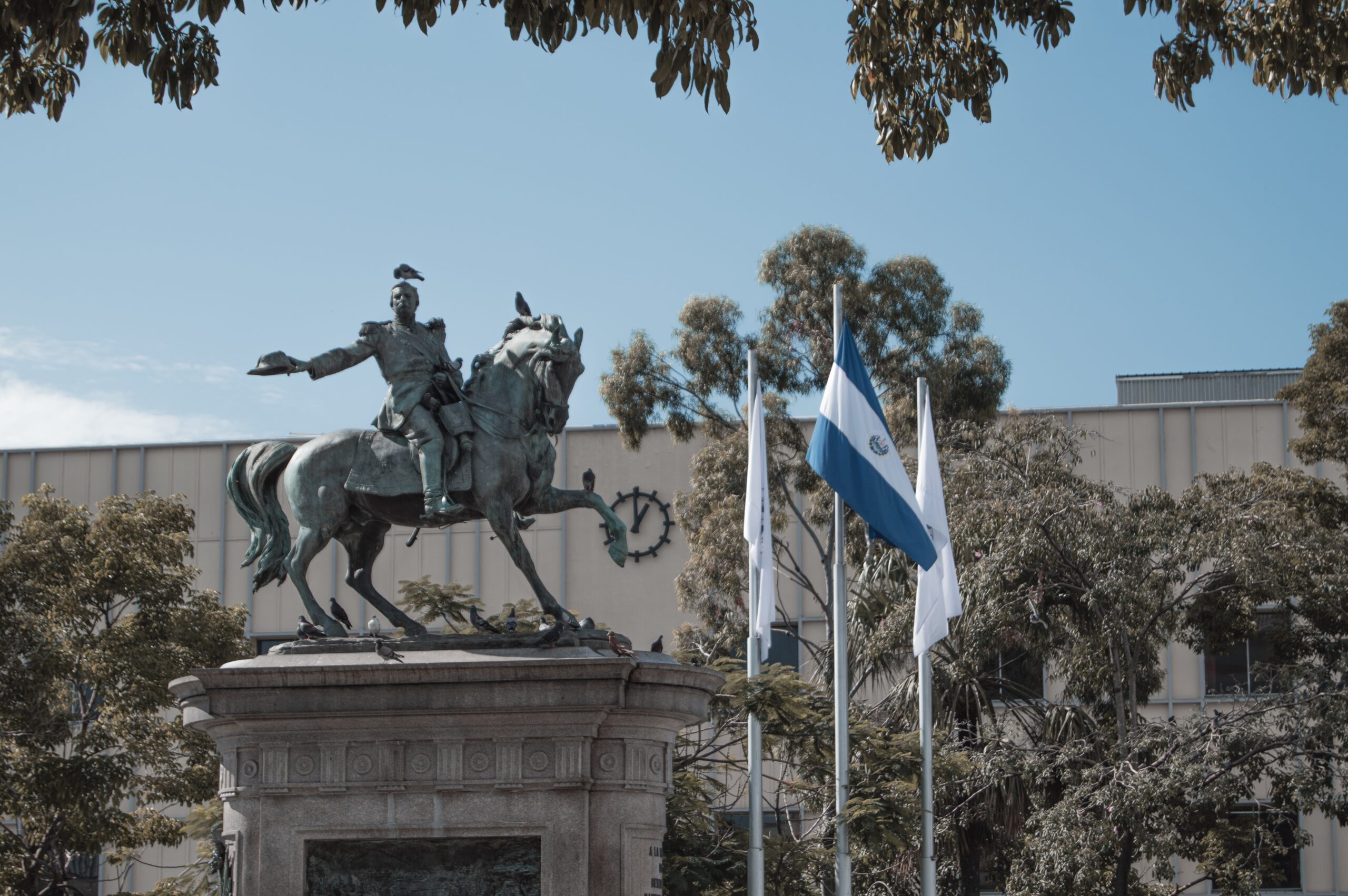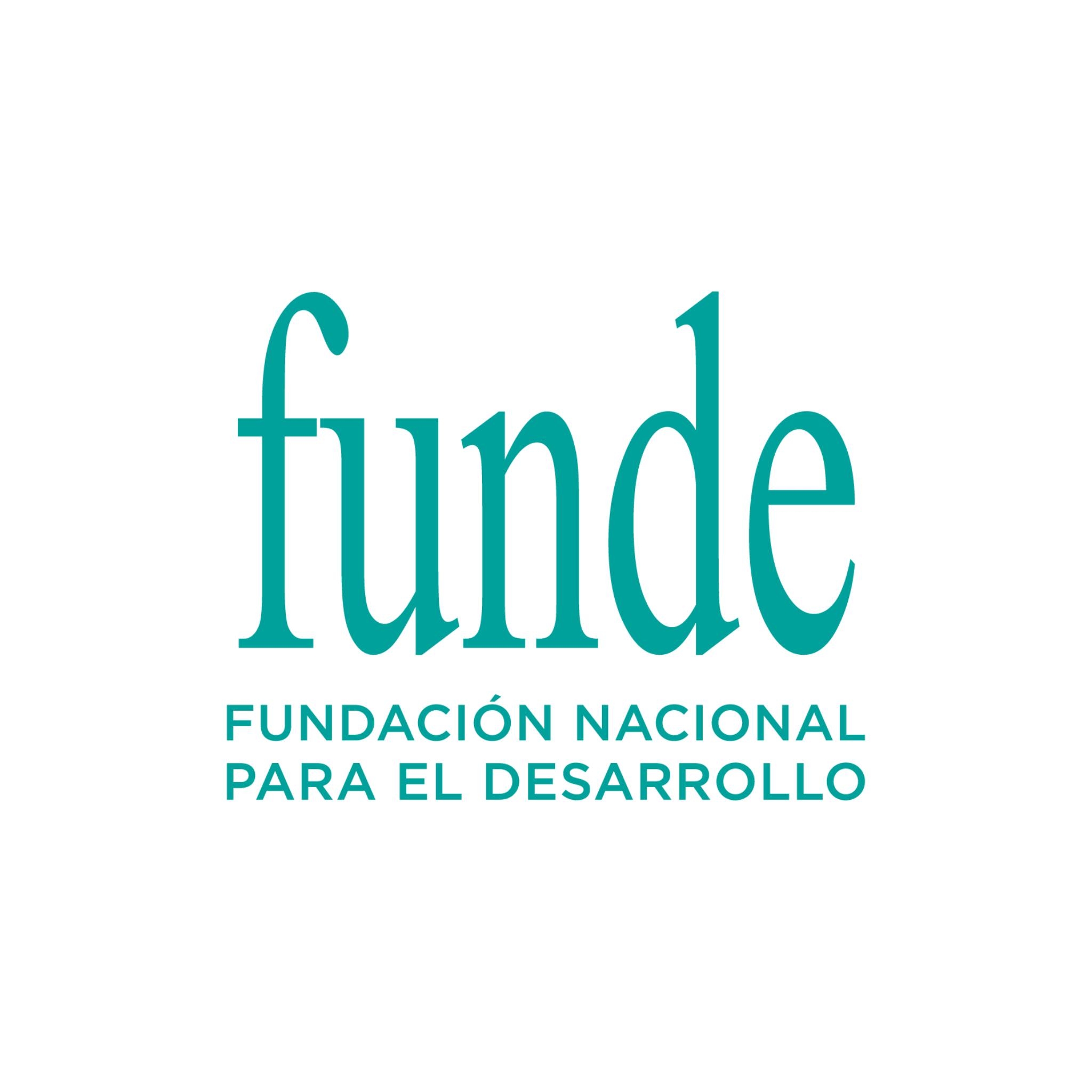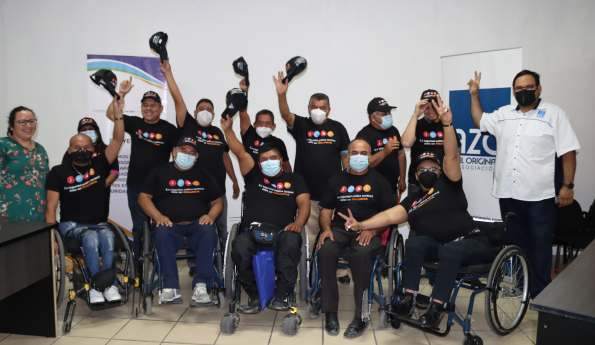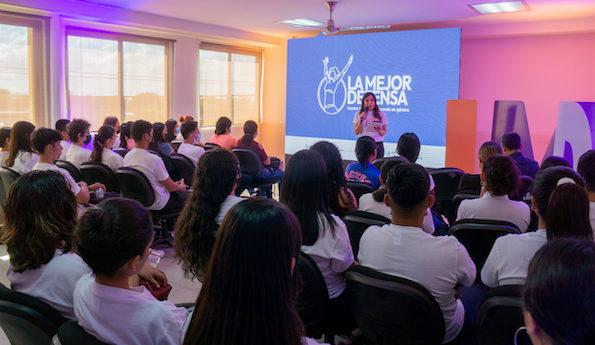Transparency and Accountability in the Public Sector
Corruption Impairs Government Functions and Weakens Public Faith in Institutions
Corruption in El Salvador is a problem at all levels of government. It impairs government functions and weakens public confidence in democratic institutions. Over the past decades, public officials, including ex-presidents, have been charged with illicit enrichment, money laundering and embezzlement, among other acts of corruption. Transparency International’s 2022 Corruption Perception Index gave El Salvador a score of 33/100, a decline from the 2021 score of 34/100 and representing the second year in a row of decline. El Salvador now ranks 116 of 180 countries in the world, down from 104/180 in 2020.
Citizens and businesses routinely experience petty corruption firsthand and wider allegations of corruption are common. This has led to desensitization, as citizens see corrupt practices as entrenched and part of daily life. As such and despite the efforts of civil society, everyday citizens show little interest in preventing and reporting incidents of corruption.
Effectively addressing these challenges require holistic and coordinated support across multiple sectors of El Salvador society, including government, civil society, media, academia, and the private sector.

Plaza Gerardo Barrios in San Salvador. Photo courtesy of Esaú Fuentes González/Unsplash.
Increased Government Transparency and Accountability Improves Citizen Livelihoods
The Transparency and Accountability in the Public Sector project seeks to enhance government transparency and accountability through a series of interlinked supply- and demand-side governance interventions. Activities will be developed with government and civil society partners per two objectives:
- Enhance government transparency and accountability and compliance with anti-corruption policies and international standards
- Increase citizen pressure and oversight of government functions to increase accountability and combat corruption
Project activities are geared toward Salvadoran citizens whose livelihoods and access to key public services are routinely, directly, or indirectly affected by corruption; and government institutions whose public functions and service provision are negatively affected by a lack of accountability, transparency, and responsiveness.
This project has a national reach through work with national-level government institutions and civil society organizations. In addition, we will work with up to six municipalities to ensure transparency and accountability at the sub-national level.
A Vibrant Salvadoran Public Sector
Over the course of five years, the project will:
- Increase citizen oversight of public services, spending, and investment of public resources
- Heighten business/private sector engagement in reducing corruption and promoting integrity
- Improve academia and think tanks’ capabilities to investigate, perform research, and analyze corruption trends and cases
- Enhance public awareness and collective action on government corruption
- Strengthen internal mechanisms to prevent, detect and reduce petty corruption in selected government institutions
- Increase compliance with municipal level transparency regulations, ethics rules, and international commitments against corruption









